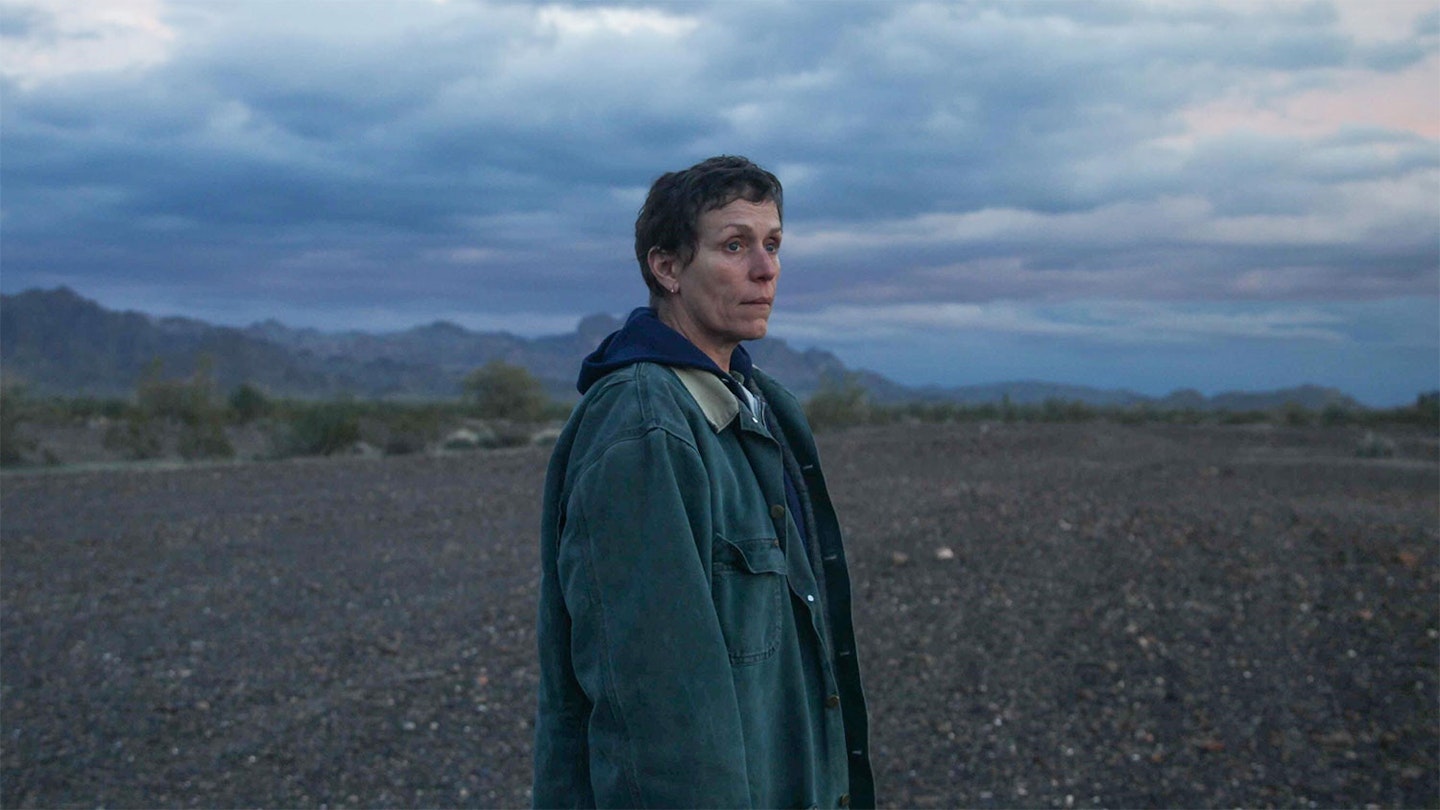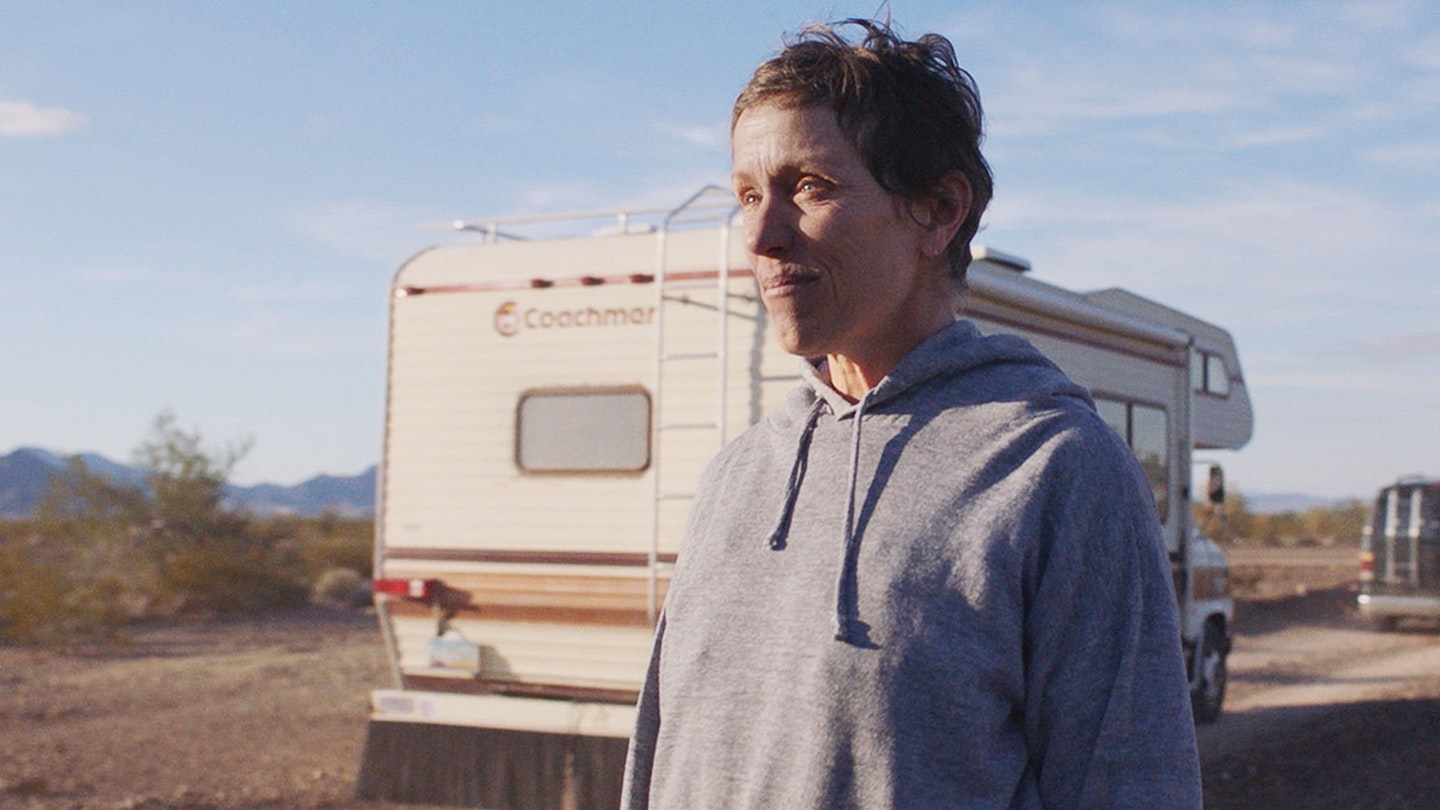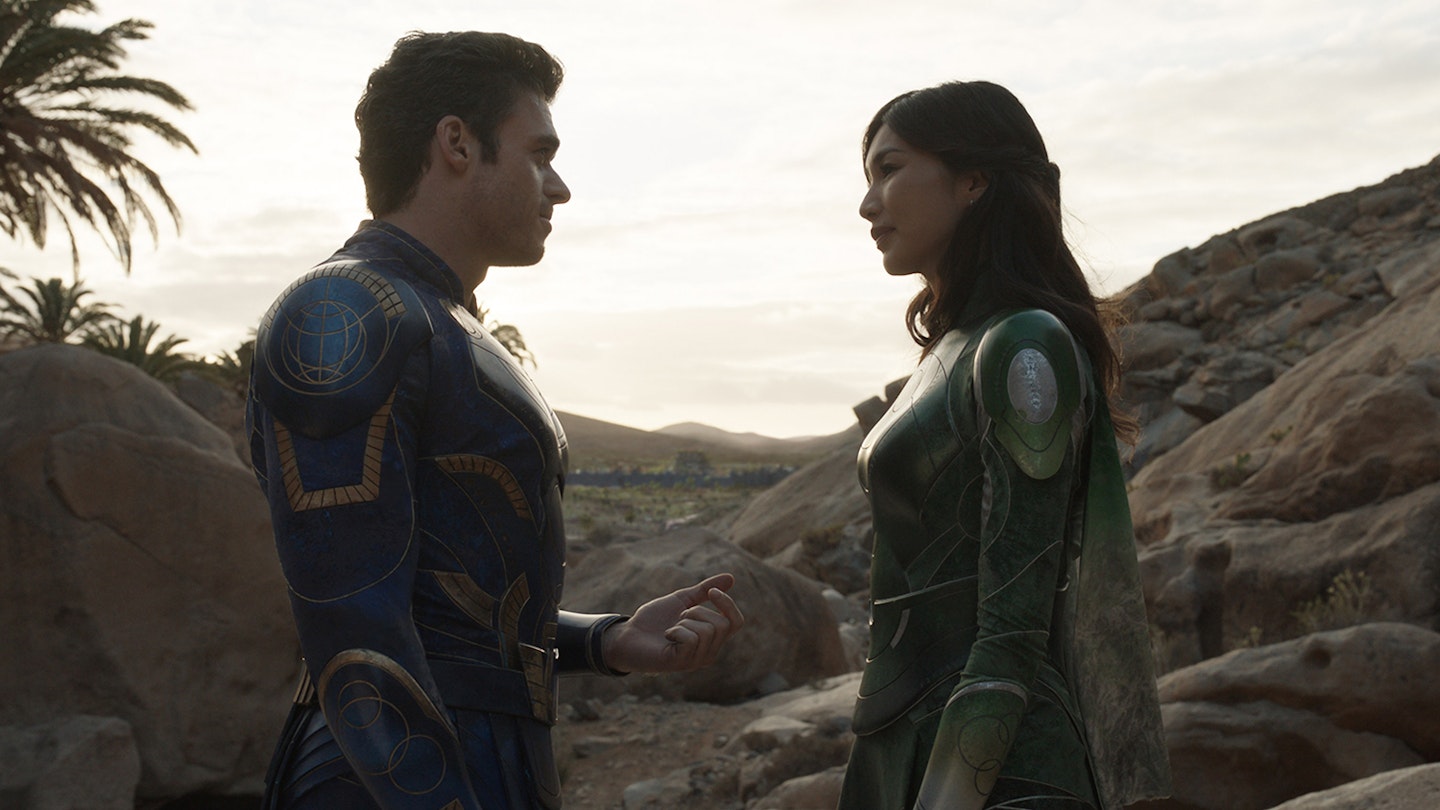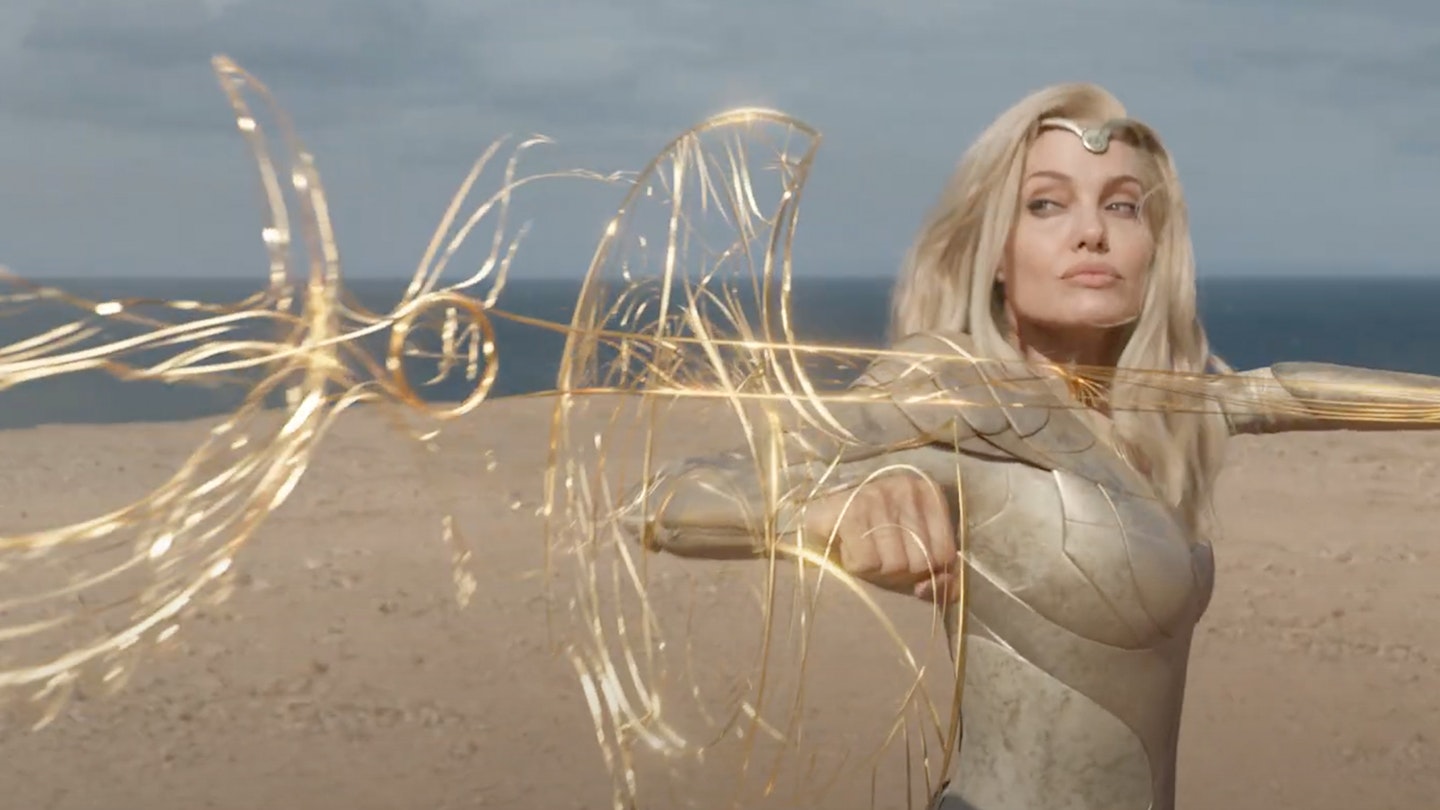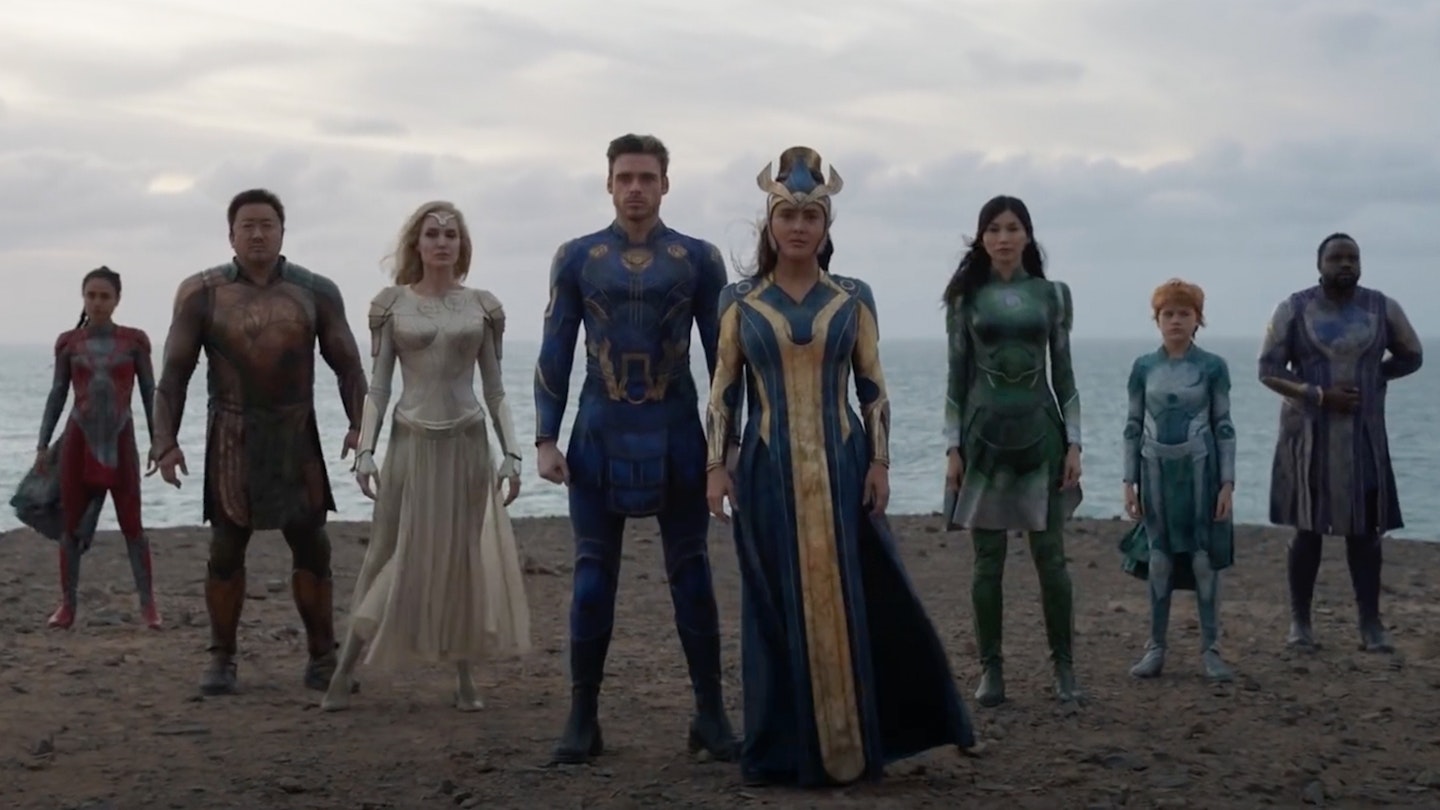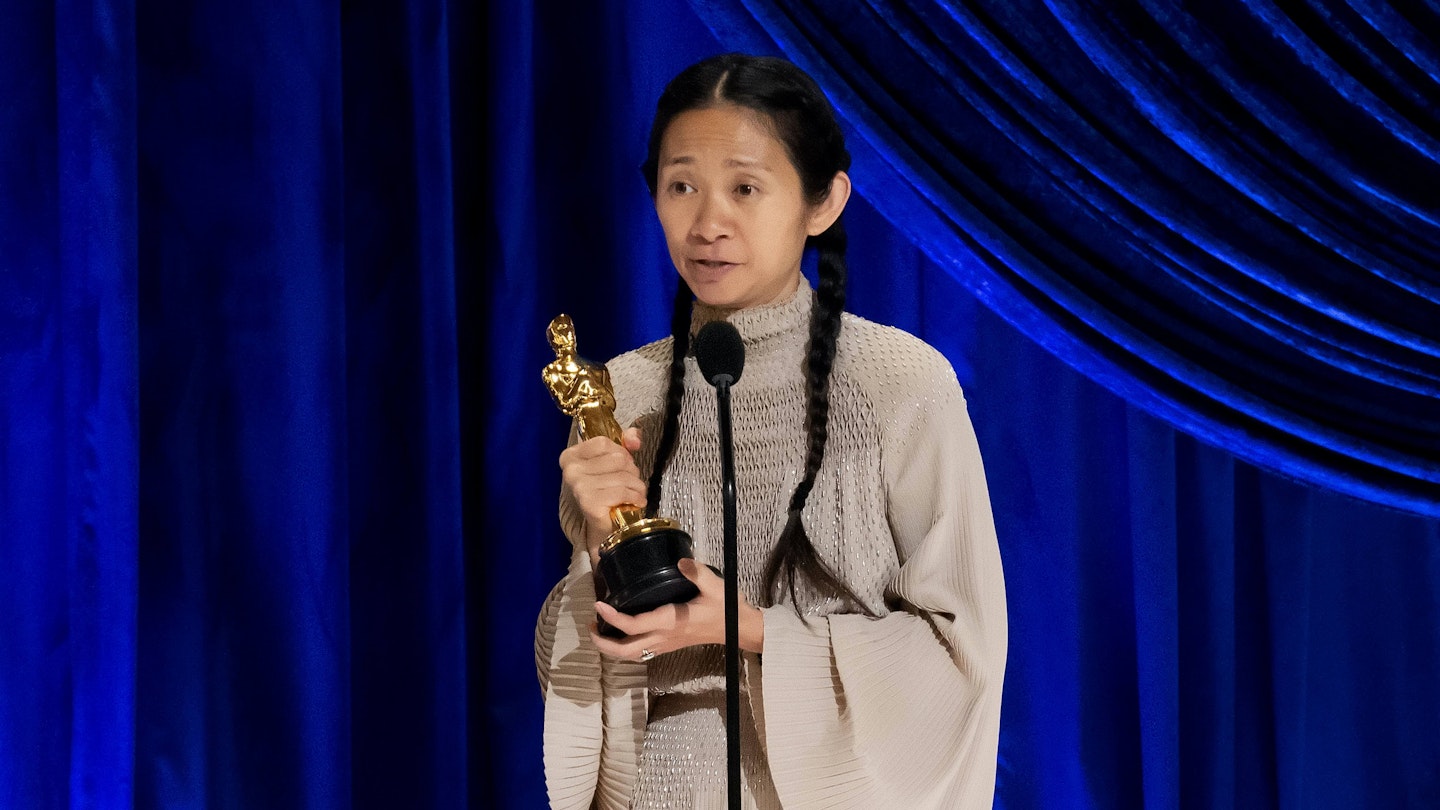It would have been a huge punt to wager that perhaps the must-see film of 2021 would centre around a 61-year-old woman who shits in a bucket. But Chloé Zhao’s film, built around a quietly stunning performance by Frances McDormand as a traveller living life on the margins, is a miracle of a movie, at once a state-of-a-nation address about a forgotten underclass from vanishing working-class communities and a personal portrait of quiet but formidable resilience. Zhao’s two previous films, Songs My Brother Taught Me and The Rider, have played out intimate, small-scale dramas with non-professional casts against the massive skies and expansive landscapes of America’s heartland. Nomadland continues these obsessions but elevates her art to a higher level, a beautifully made, clear-eyed view of notions around home, loss and the visibility of women all delivered with a huge emotional wallop.
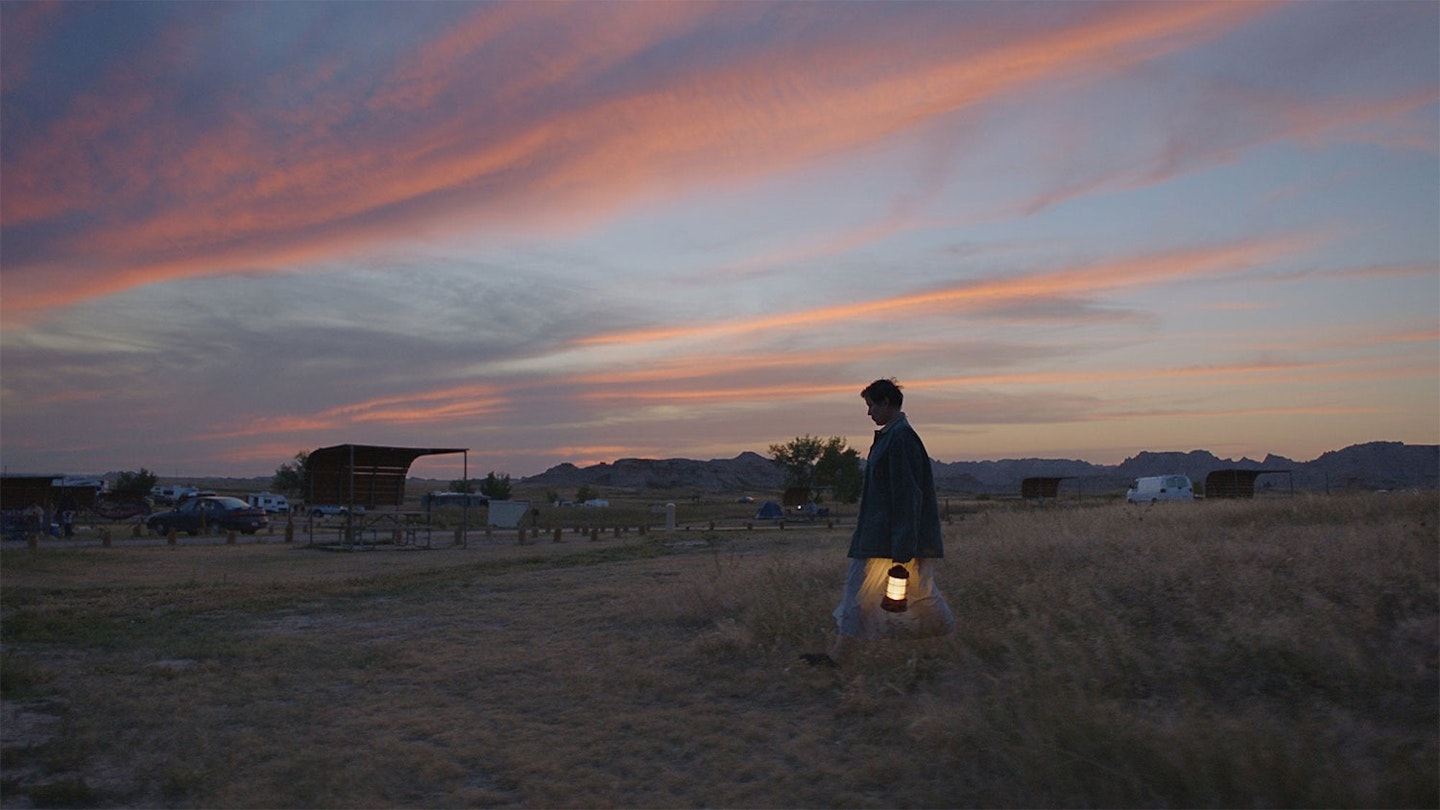
Nomadland sees a departure from Zhao’s previous M.O. in that this time around she’s working, albeit vaguely, from a source material (Jessica Bruder’s non-fiction work of the same name) and collaborating with a name actor. Frances McDormand is Fern, a resolute, hard-working widow who has lived her entire adult life in Empire, Nevada, which suffered a huge blow in 2011 after the gypsum mine that sustained the town closed. Zhao and McDormand establish Fern in economic but telling strokes — her nuzzling into her late husband’s overalls while sorting through his belongings in a lock-up speaks volumes about their relationship — as she travels around the country in an ergonomically designed van (named Vanguard), working any seasonal job she can, be it on a sorting line of an Amazon fulfilment centre, gathering a beet harvest or cleaning the loos at an RV park. But this is the genius of Fern: she is in no way a victim of economic circumstance, looking and taking work wherever she can get it. When she runs into a teenager she once tutored in a sports store, she rejects the offer of a roof over her head: “I’m not homeless, I’m just houseless. Not the same thing, right? Don’t worry about me.”
She is a filmmaker at once meticulous and soulful; unhurried, less a storyteller, more a compassionate collector of fleeting interactions
After an employment supervisor tells her she is not suitable for any of the jobs on her books, Fern joins one of the seminar camps of van-dwelling guru Bob Wells (like the majority of the cast, playing himself), learning the nomadic basics: stealth parking, “how to look after your own shit”, and the phrase, “See you down the road,” a less permanent way of saying goodbye. At this point Nomadland turns into a road movie, but not one that goes from A to B, instead ambling around the country. Zhao captures both the joys (the camaraderie amongst drifters, the ever-shifting beautiful views) and irritants (breaking down, buckets of shit) as Fern shares precious moments with her new acquaintance, the free-spirited Swankie, memorably playing herself.
Midway through it looks like Zhao is going to give into convention. At one stop-over, Fern meets mild-mannered traveller Dave (David Strathairn at his most understated David Stratherniest) and there seems to be flicker of attraction between them, Zhao using the only two recognisable faces in the cast to draw them together. Despite Fern marvelling at Dave’s rig, the relationship develops, but not in the way you’d expect.
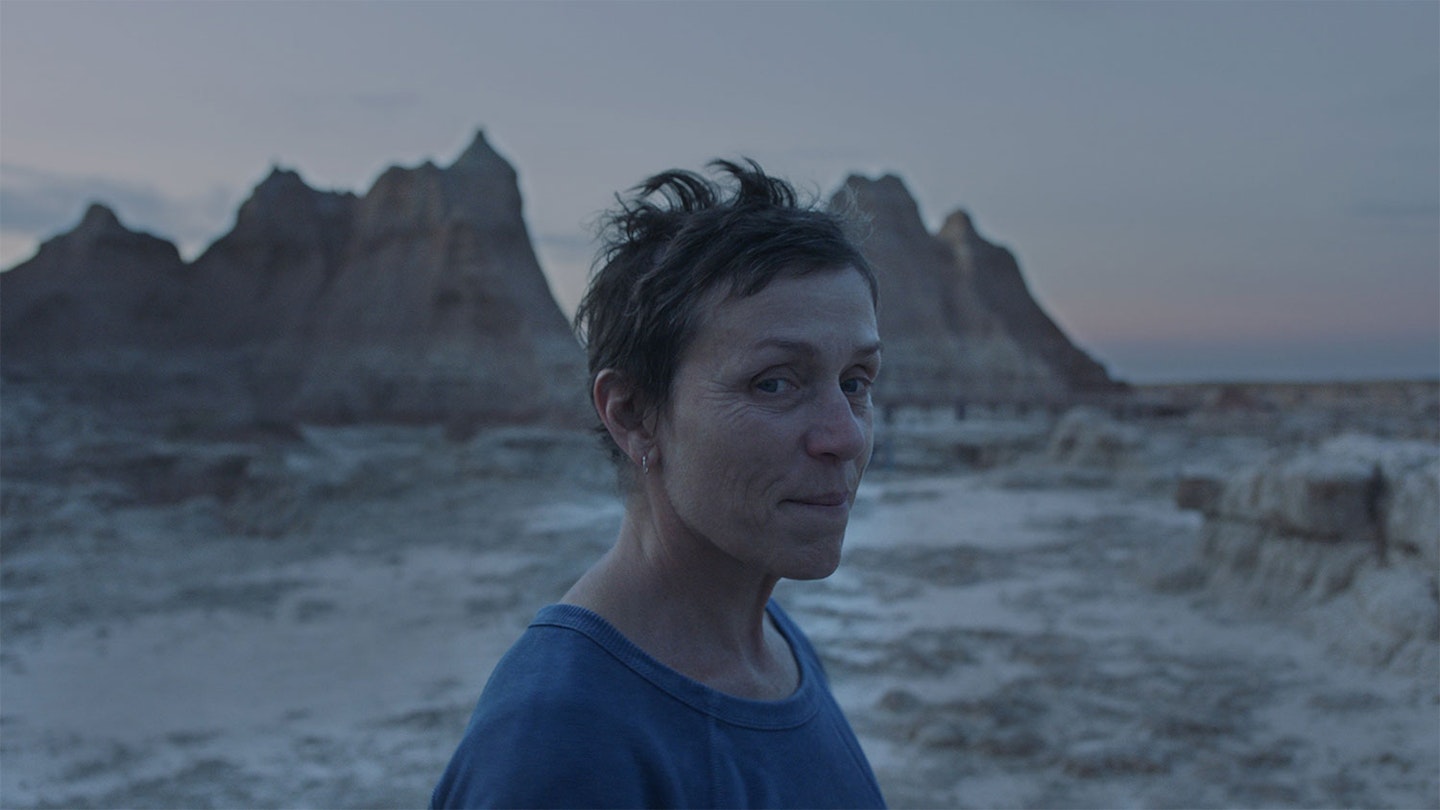
As in their previous collaborations, Zhao and regular DP Joshua James Richards find a beautiful middle ground between Terrence Malick realism and a more hard-bitten documentary veracity that poeticises but never sentimentalises the inaction, tying the characters intimately to their surroundings. Zhao also uses Italian piano maestro Ludovico Einaudi to score Fern’s inner states in increasingly affecting ways.
But Nomadland survives, then thrives, on two women. Frances McDormand delivers possibly the performance of a lifetime playing a woman living life on her own terms who is still trying to decide what those terms are. Working in Zhao’s semi-improvised world, she is more stripped-back than ever, blending in with and elevating non-professionals while gifting Fern a majestic melancholy. She is guided beautifully by Zhao, a kind of Agnès Varda-in-waiting, who imbues the whole film with a feel for the outsider. She is a filmmaker at once meticulous and soulful; unhurried, less a storyteller, more a compassionate collector of fleeting interactions and moments of solitude that coalesce into something beyond the sum of its parts. Not everyone will fall into Nomadland’s slow, circular rhythms, but if you do, the result is transcendent.
